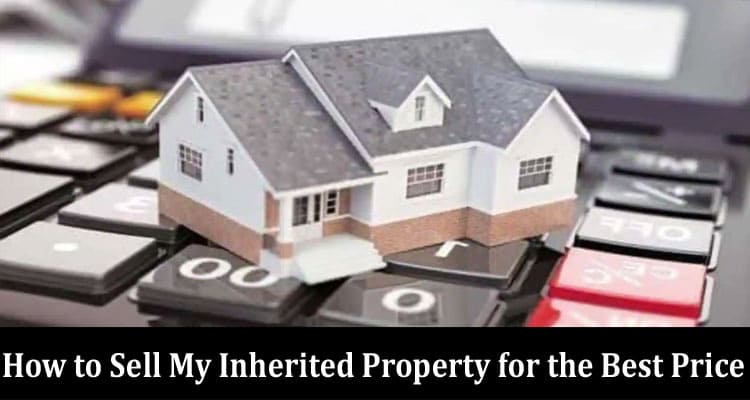Selling an inherited home can be a complex process with a host of consequences and ramifications to consider, from financial to legal to practical.
If the home is underwater on its mortgage, or if there are other risks that make neither selling nor inhabiting the property an attractive option, consider disclaiming the gift altogether. The availability of this option, and the procedure by which it’s accomplished, can vary from state to state, so check in with a trusts and estates lawyer about whether it’s in your best interest and how to go about it.
However, if you decide to sell, first take some time to learn more about the process and what to expect. The following tips will help you sell your inherited property for the best price possible.
1. Clarify the status of the mortgage
A person who inherits property is legally on the hook for mortgage payments. So if the account isn’t in good standing, it’s important to bring it current as quickly as possible.
Get a title search done to find out if there are any liens or judgments, a reverse mortgage, or a HELOC (home equity line of credit). Contact any and all creditors as soon as possible and send copies of the appropriate documentation showing that you’re now the owner so that they’ll communicate with you. And don’t forget to update the homeowner’s insurance policy with your information.
2. Understand the pending timeline of your ownership
This depends largely on how you inherited the property. Common methods are:
- Through probate (i.e., the person who died left a will naming you as owner, and the will must now go through the legal process of probate)
- Beneficiary deed or transfer on death deed
- Living trust
Each comes with its own timeline and rules. Talk to an estate lawyer to find out what to expect and what your rights and obligations will be throughout the process.
3. Identify all heirs and get a personal representative in place
In many cases where a will is involved, the decedent will have selected an executor. If that’s not the case, the heirs together nominate a personal representative (or PR). It should be someone who is up to the challenge and responsibility of the job, which can be substantial. There are numerous exacting legal and financial requirements that apply to the way the PR or executor accounts for the estate’s assets and disposes of them properly.
4. Spruce up and declutter, but don’t renovate
Once you’re ready to sell, and you or others have removed whatever personal belongings you plan to keep as mementos, you’ll need to figure out what to do with the rest of the items in the house. The best strategy is to declutter aggressively.
Next, spruce up the property but don’t engage in heavy renovations. They’re generally not worth the cost. A fresh coat of neutral paint, a professionally landscaped and trimmed front lawn, and removing any design elements that date the home might be sufficient.
Talk to a realtor about the best investments for a limited budget. They’ll know exactly which specific upgrades will make the biggest impact on the pool of potential purchasers.
5. Consider an as-is cash sale …
Traditional home sales take time and effort. Until closing, you’re legally responsible for all the carrying costs of the property: mortgage payments, property taxes, insurance, utility bills, and maintenance costs. If you want to close a sale faster so that you can avoid those expenses, consider a sale to a cash purchaser. It’s usually a much quicker and far less stressful process, which is a big benefit if you’re overwhelmed or stressed by the experience.
6. … Or find a probate-experienced agent
If a quick cash sale isn’t right for you at this time, you can always list the home on the market through a local real estate agent. However, when you’re dealing with inherited property, it’s always best to choose an agent with probate experience. They know the ins and outs of the local legal process, and they know how to best present old, loved homes in the best possible light.
7. Talk to a tax pro about your capital gains tax liability
Generally, you don’t owe taxes on a piece of property that you inherit until you sell it. This is known as the capital gains tax. Usually, your tax liability is calculated using the value of the property on the day of the owner’s death, so that you only owe taxes on the difference in value from that day to the date of sale.
There are exclusions and exemptions that might apply, but they all have specific criteria that must first be met. This is why it’s crucial to talk to a tax professional about your potential tax exposure before you make any final decisions about selling the property so that you’ll know what’s coming.


